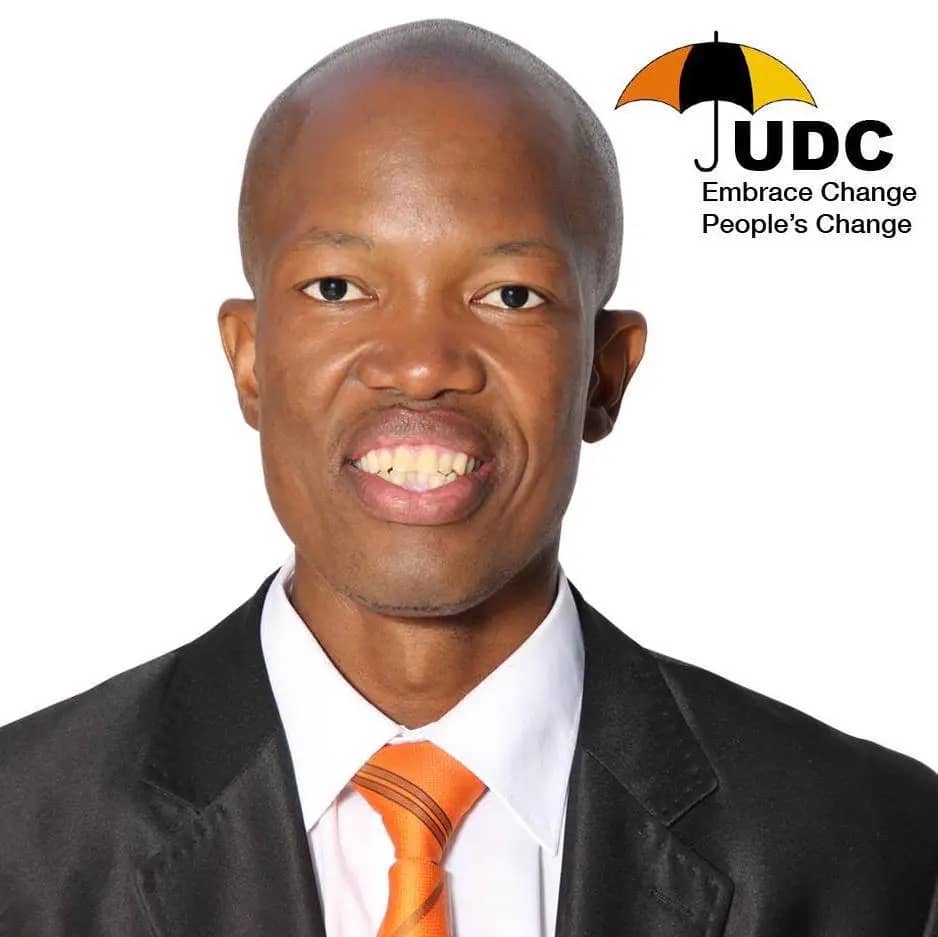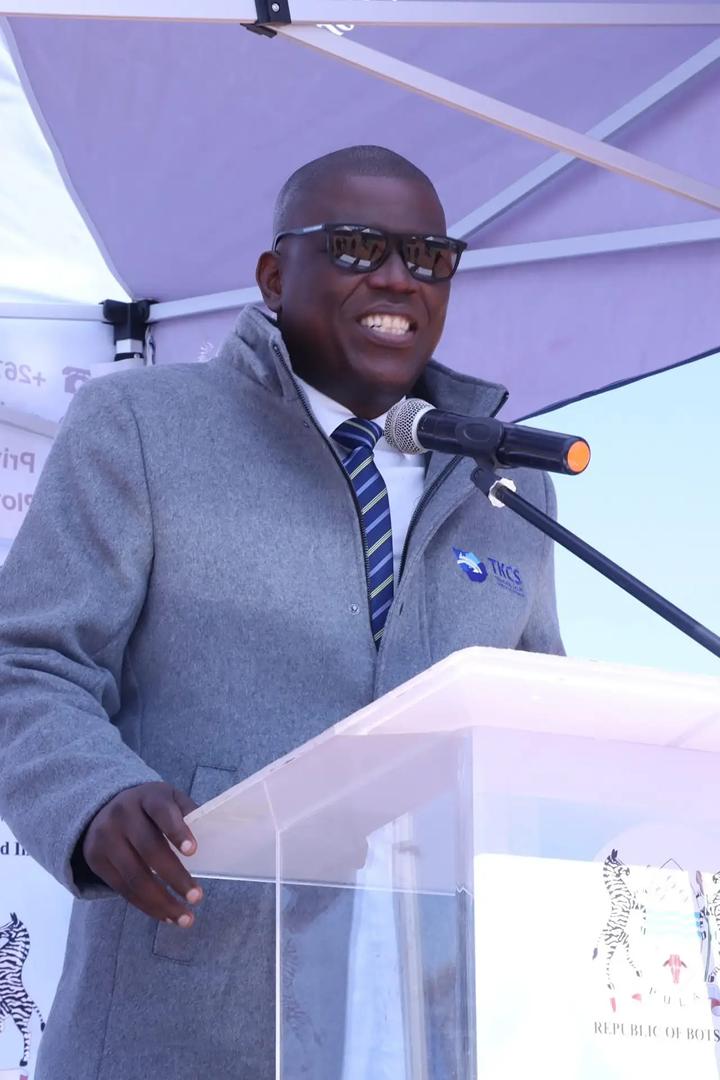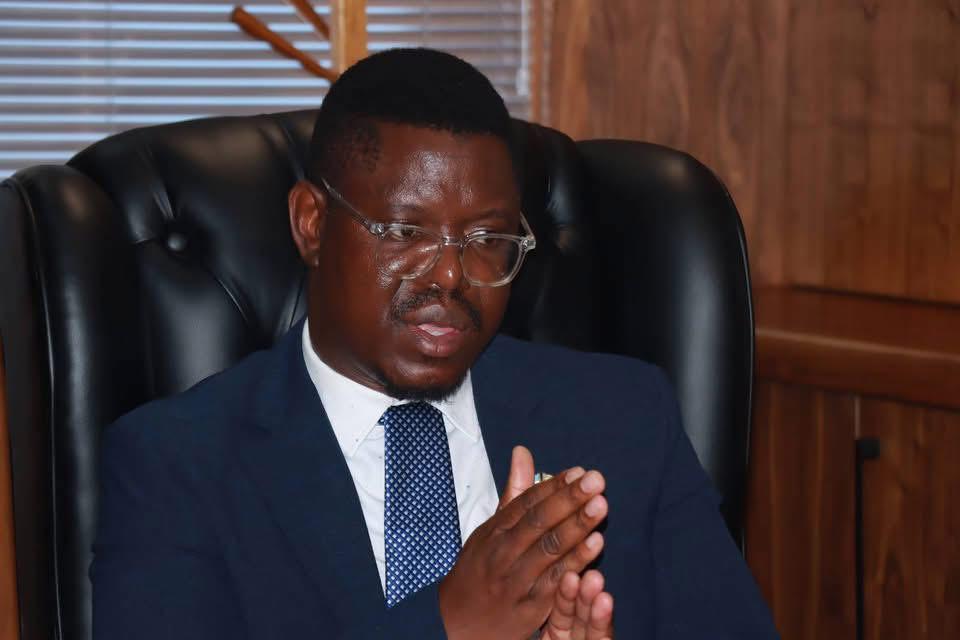Boemo Phirinyane
Like Boris Nemtsov in Russia, Gomolemo Motswaledi’s life was a battle for truth within a system that could not contain it. A decade after his death, Botswana begins to realise the nation he dreamed of. In 2014, two men from two different worlds died too soon, one on the cold banks of the Moskva River in Russia, the other on a less trafficked road in Botswana. Boris Nemtsov and Gomolemo Motswaledi probably never met, never spoke, and yet they lived and died almost the same life. Reformers from within the system became the system’s most outspoken critics. Young, brilliant, ambitious, and principled, they both paid the highest price for believing too much in truth.
Today, ten years later, Botswana finds itself at a crossroads. The Umbrella for Democratic Change, a coalition that Motswaledi helped bring into existence, has finally attained state power. What began as an improbable political experiment in opposition unity has grown into a national vehicle for change. This is a political victory, but deeper still, it is a spiritual reckoning. It is a moment to mourn and remember what was lost along the way.
Like Nemtsov, Motswaledi began his career not in rebellion, but in loyalty. He was a rising star in the ruling establishment, articulate, disciplined, and marked for leadership. So was Nemtsov, once a deputy prime minister under Boris Yeltsin, a physicist turned politician who embodied Russia’s early democratic hopes. Both men could have had long, safe careers had they chosen comfort over conviction, but neither did.
When their respective governments veered off the democratic course, when ruling parties confused power with permanence, both men spoke up. In Botswana, Motswaledi challenged the autocratic tendencies of the then-ruling Botswana Democratic Party, leading to his suspension and political exile. In Russia, Nemtsov protested the rise of autocracy. For this, they were punished.
But they did not retreat. They reimagined themselves as opposition figures. Motswaledi co-founded the Botswana Movement for Democracy and later helped engineer the UDC, a coalition built on nothing but hope and shared discontent. Nemtsov joined with liberal opposition groups.
And just when they began to matter, they were gone. Nemtsov was gunned down in 2015, steps away from the Kremlin. Motswaledi died in a car crash a year earlier under circumstances that, to many, still feel unresolved. The silencing was different, but the effect was the same: reform interrupted.
For a while, in both countries, it worked. Fear returned, movements fractured, and hope receded. In Russia, Nemtsov’s death left a vacuum that many feared no one could fill. In Botswana, Motswaledi’s passing cast a long shadow over the UDC’s future. Would it collapse? Would the people retreat into cynicism? Were we foolish to dream?
But we’re still here. That is the real legacy of these men, not martyrdom, but momentum. Their deaths did not kill the idea. If anything, they crystallised it. In Russia, though opposition remains perilous, Nemtsov’s name has become a symbol of moral clarity. His face is on placards, his speeches are shared like scripture, and every act of protest whispers his name. Here in Botswana, a decade after we buried Gomolemo, we are now building the future he imagined. The UDC is in power, not by accident but by persistence, by people choosing belief over despair. Motswaledi is not here to see it, but he contributed to making it possible.
Yet, this is not the end of the story; if anything, this is the beginning. For we must remember that the easiest thing to do in power is to forget what it felt like to be without it, we must resist that temptation. The reformist spirit that guided Motswaledi must now guide the UDC in governance.
Let us not become what we once opposed. Power is not revenge; it is responsibility. It is the obligation to build institutions that outlast personalities. It is the sacred duty to give voice to the voiceless. That was Gomolemo’s dream, and if we truly honour him, we must build that Botswana. We are not where we need to be. The path ahead is riddled with economic struggle, political fatigue, and social division. Fortunately, we are not where we used to be, and that matters.



